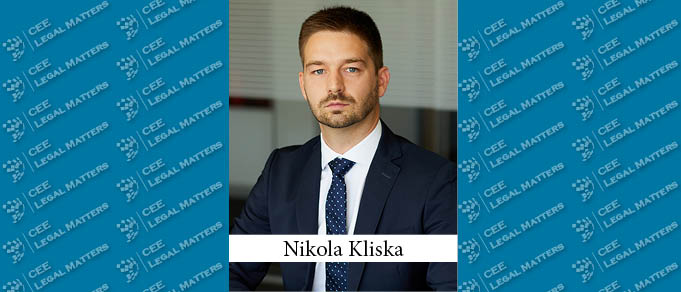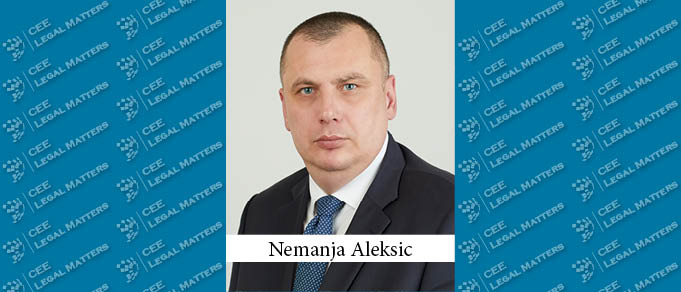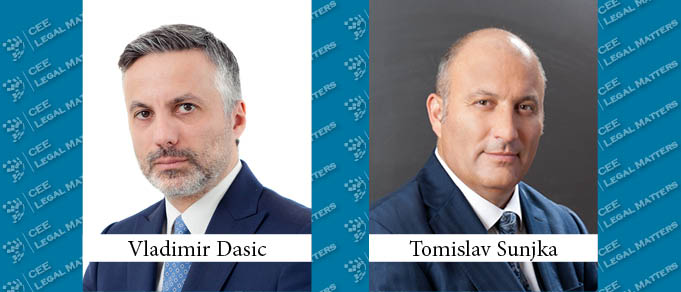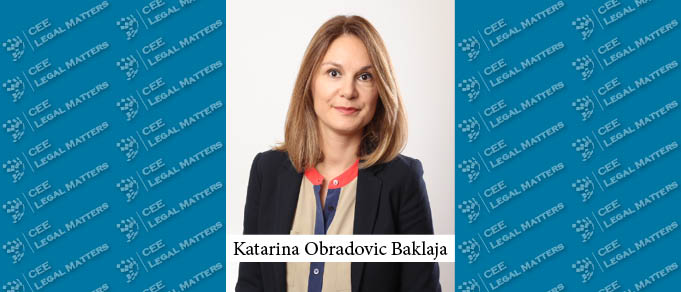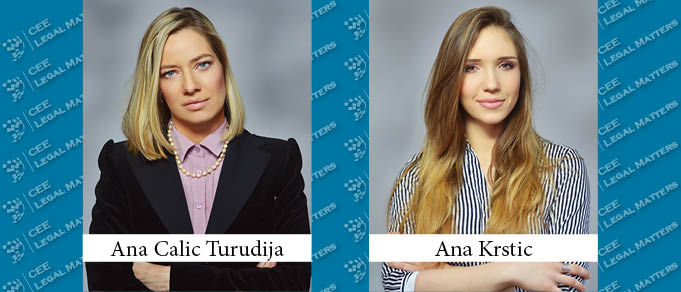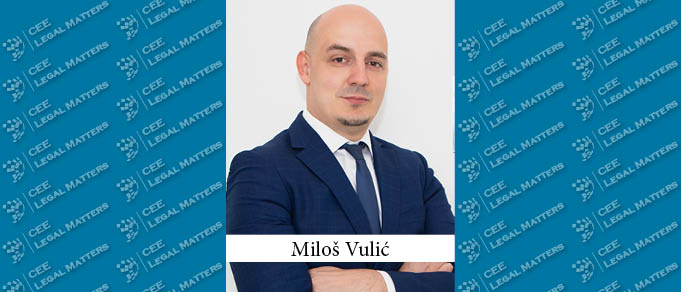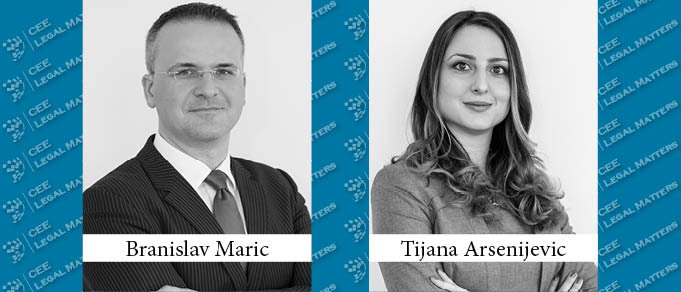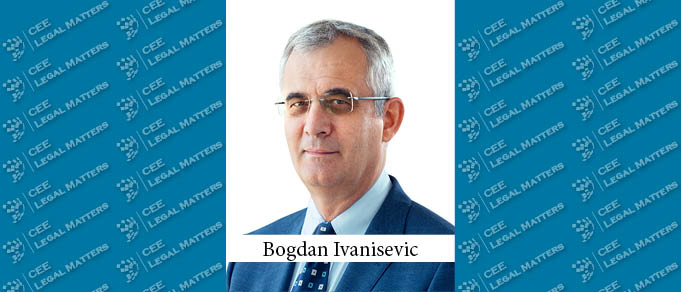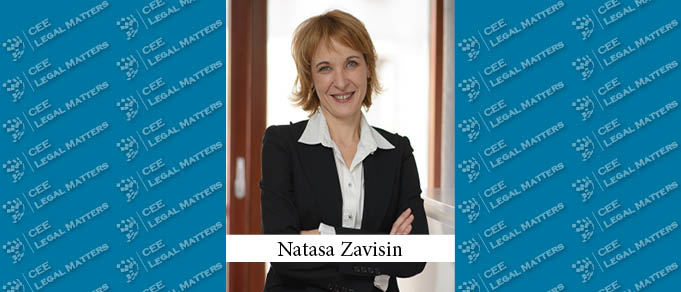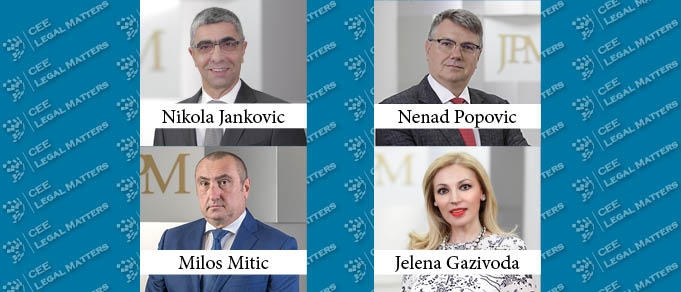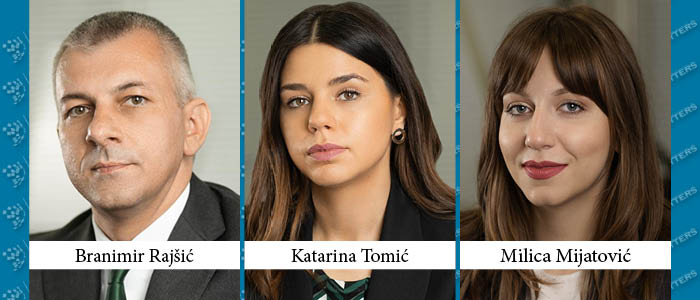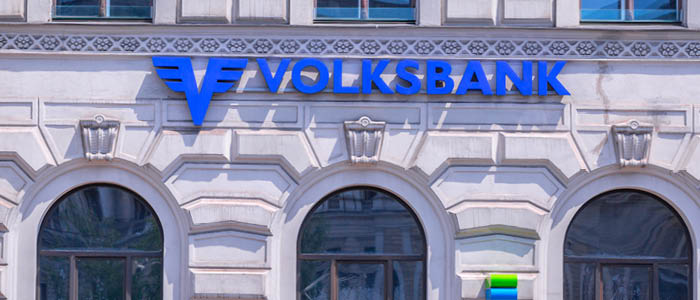The Law amending the Law on Excise (Official Gazette of RS, no. 53/2021) entered into force on 5 June 2021 and its novelties refer to the excise for alcoholic beverages.
What Do Amendments to the Law On Mining and Geological Exploration Bring?
The Law amending the Law on Mining and Geological Exploration (Official Gazette of RS no. 40/2021) entered into force on 30 April 2021 and most important changes refer to specification of certain solutions and more detailed normative regulation of individual issues, harmonisation with legal regulations in the field of environmental protection, introduction of e-business etc.
Serbia: New Law on Protection of Trade Secrets Adopted
Intellectual property is usually perceived through three main rights: copyright, patent and trademarks. Sensitive market-relevant information is usually perceived just as a benefit, but rarely as a right. Protection of trade secrets certainly deserves more attention. To make it easier to all market players to easily comprehend this right and for authorities to apply it, Serbia adopted a new Law on Protection of Trade Secrets, which came into force on 5 June 2020 (the “New Law”). The main reason for the new regulation, as proclaimed by the lawmakers, is the alignment with the EU acquis (especially, the Directive (EU) 2016/943 of the European Parliament and of the Council of 8 June 2016).
What Does the New Law on Energy Efficiency and Rational Use of Energy Bring?
In April 2021, the National Assembly of the Republic of Serbia passed a set of new laws in the field of mining and energy, including the new Law on Energy Efficiency and Rational Use of Energy (hereinafter “the Law”), which entered into force on April 30, 2021.
Application for Determining of Fee for Protection and Improvement of the Environment for 2021
The fee for 2021 is determined by the decision of competent authority on basis of applications of payers that are obliged to submit them no later than 31 July 2021.
Employers’ Obligations Under the Law on Gender Equality and Amended Law on Prohibition of Discrimination
On 20 April 2021, the National Assembly of the Republic of Serbia enacted the Law on Gender Equality and amendments to the Law on Prohibition of Discrimination. Both laws are published in the Official Gazette of RS no. 52 of 24 May 2021 and will enter into force on 1 June 2021. The Law on Gender Equality will repeal the Law on Equality of Genders (Official Gazette of RS no. 104/09).
Inside Out: Embracer Group’s Acquisition of Mad Head Games
On November 20, 2020, CEE Legal Matters reported that BDK Advokati, working alongside Sweden’s Gernandt & Danielsson Advokatbyra, had advised Embracer Group AB on its acquisition of all issued shares of Mad Head Games d.o.o., a game development studio from Novi Sad, Serbia. SunjkaLaw advised Mad Head Games shareholders Nenad Tomic, Uros Banjesevic, and Aleksa Todorovic on the deal.
Development of Transportation Infrastructure a Priority for Serbia
The development of infrastructure has been a long-standing priority in Serbia. The National Investment Plan (Serbia 2025) announced by the Serbian Government in December 2019 anticipated the allocation of approximately EUR 14 billion to major development projects to be completed by 2025. Most of the funds are to be allocated for infrastructure projects, including road, rail, air, and water upgrades.
Developments in the Serbian Energy Sector
The Ministry of Mining and Energy of the Republic of Serbia has recently concluded a period of public debate on a package of amendments to the country’s energy laws. The draft law that has attracted the most attention certainly is the Law on Renewable Energy Sources (the “RES Draft Law”), but there is also a Draft Law on Energy Efficiency and Rational Energy Use (the “EE Draft Law”). Serbia already has laws governing this subject matter– renewable energy sources and rational use of energy – which raises a question about what has influenced the Ministry to propose that these two areas be governed in more detail in the future.
Serbian Corporate Restructuring
Under Serbian law, insolvency proceedings for companies facing financial difficulties may be conducted as a bankruptcy or a restructuring.
An Overview of Serbia’s Banking Sector
Since the emergence of the COVID-19 pandemic, the Government of the Republic of Serbia has, on several occasions, introduced measures aimed helping businesses maintain liquidity and working capital. These measures have included, among other things, direct subsidies worth a total of EUR 200 million in the form of loans available to entrepreneurs, cooperatives, micro-, small-, and medium-size businesses, state guarantee schemes to encourage banks to extend loans to businesses, and a moratorium on the repayment of loans which lasted until September 30, 2020.
Serbia - Amendments to Mining Legislation
The Serbian Ministry for Mining and Energy started 2021 in a busy fashion, initiating simultaneous public debates on draft amendments to key legislation in the energy and mining sectors. In the mining sector, the Ministry has offered draft amendments to the Mining Act for public hearing. The official reasons given for the reform are said to be the need to create better conditions for the development of mines, simplify administrative procedures, ensure environmental protection, and increase fiscal revenues.
What to Keep in Mind When “Legalizing” an Existing Work-From-Home Arrangement
Over the past year, many employers have had their employees switch to working from home, since this was considered to be the best preventive measure against the spread of COVID-19 among the workforce.
GDPR-Based Data Protection Law in Serbia: The First 18 Months
Serbia’s data protection authority (the “Commissioner”) recently issued a publication which allows data protection lawyers and the public at large to get a better understanding of the Commissioner’s practice under current legislation.
Guest Editorial: Corporate Lawyering Evolution in Serbia
I started practicing law in the mid-1990s, during a turbulent period in Serbia’s recent history. Corporate law, however, really took off in 2001 when the country opened its doors, after a full decade of isolation. Even then, it was unlike other Eastern European countries – instead of a stampede by major global law firms opening local offices in the hope of landing big privatization deals, only a few regional outfits sauntered into town to test the waters of the newly accessible Serbian legal market.
Serbia: New Energy Efficiency Regulations – Turning the Tide in Favor of Green Construction?
Green and energy-efficient construction made its shy debut on the Serbian market almost a decade ago. Although various attempts were made to promote these green investments by creating a demand on the market, the results were moderate.
A Pearl Anniversary: JPM Celebrates 30 Years
JPM Jankovic Popovic Mitic was launched in Belgrade 30 years ago, in 1991. CEE Legal Matters used the anniversary as an excuse to reach out to Senior Partners Nikola Jankovic, Nenad Popovic, Milos Mitic, and Jelena Gazivoda for a walk down memory lane.
An Unusual Year in Review: Our Annual Expert Round Table
On December 15, 2020 CEELM gathered legal experts from across the region for its annual Year-in-Review Round Table conversation. In a wide-ranging discussion, participants shared opinions and perspectives on their markets, on strong (and less-strong) practices across the region, and the effect of the COVID-19 crisis on both, as well as on how technology is changing the legal industry, and what the industry will look like in 2021.


